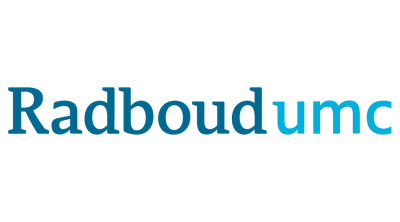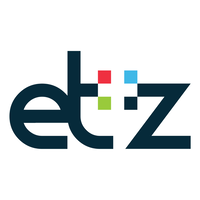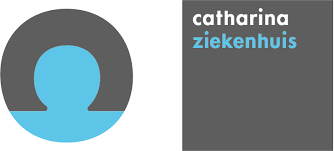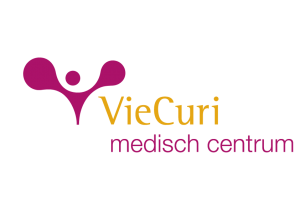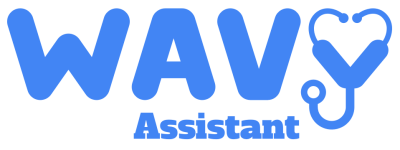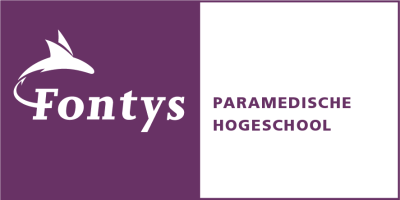Wavy-stress: investigating effects of stress-management in women with non-obstructive angina
This project aims to examine the efficacy of a stress-reducing program with the WavyTunes smartphone-app, using biofeedback to adapt for individual needs with Radboudumc, 4 collaborating hospitals, Fontys University, Wavy Assistant and Harteraad. 250 female patients with established INOCA will participate. Patients will serve as controls themselves in a single-arm design consisting of 4 weeks placebo followed by 4 weeks of treatment. The goal is to provide a significant treatment option for this large, but neglected patient group, lowering rehabilitation cost with 48%, give a positive impact on patients live and will save 20% of the cardiologist time.
Ischemic heart disease (IHD) is the leading cause of death globally, taking an estimated 17.9 million lives (31% of all deaths) each year. For Europe, IHD causes 877,000 deaths (20%) among women and 862,000 (19%) among men. In women, ischemia with non-obstructive coronary arteries (INOCA) dominates over obstructive coronary artery disease (CAD). INOCA with coronary vascular dysfunction is the main cause of IHD in women, especially in the age group 40-70 years, twice as often as in men. Psychosocial distress is a major contributor to INOCA, for which adequate support is currently lacking. Cardiac rehabilitation programs are mainly focused on physical exercise in obstructive CAD and not on stress reduction in INOCA.
250 female INOCA patients will have their stress monitored by a wearable. This data is turned into a patient profile by the Wavy app. The patients will perform relaxation exercises within the app. The outcome of their stress level is recorded and compared against a baseline. The project will take place in 4 rounds of 50 new patients each time and iteratively improves the solution based on the previous rounds. In the fifth and final round, the final version will be tested with 250 patients simultaneously.
The deliverables are a working app, a trial evaluation result and research paper.

